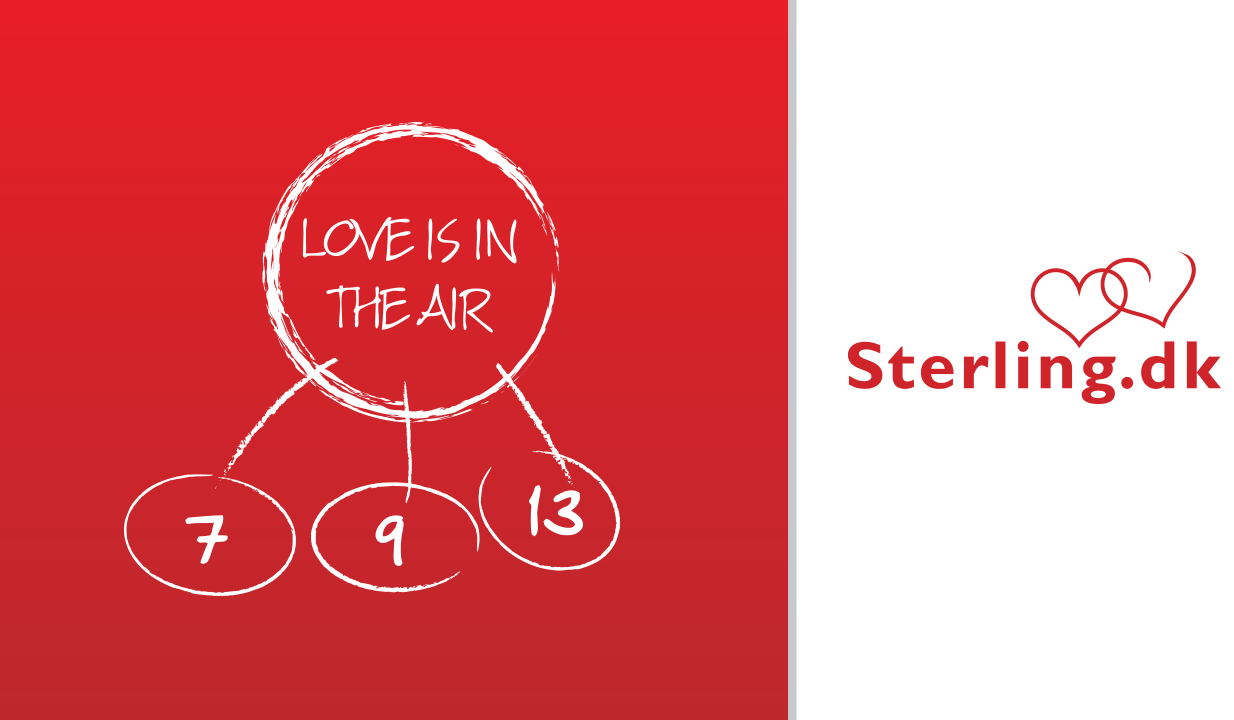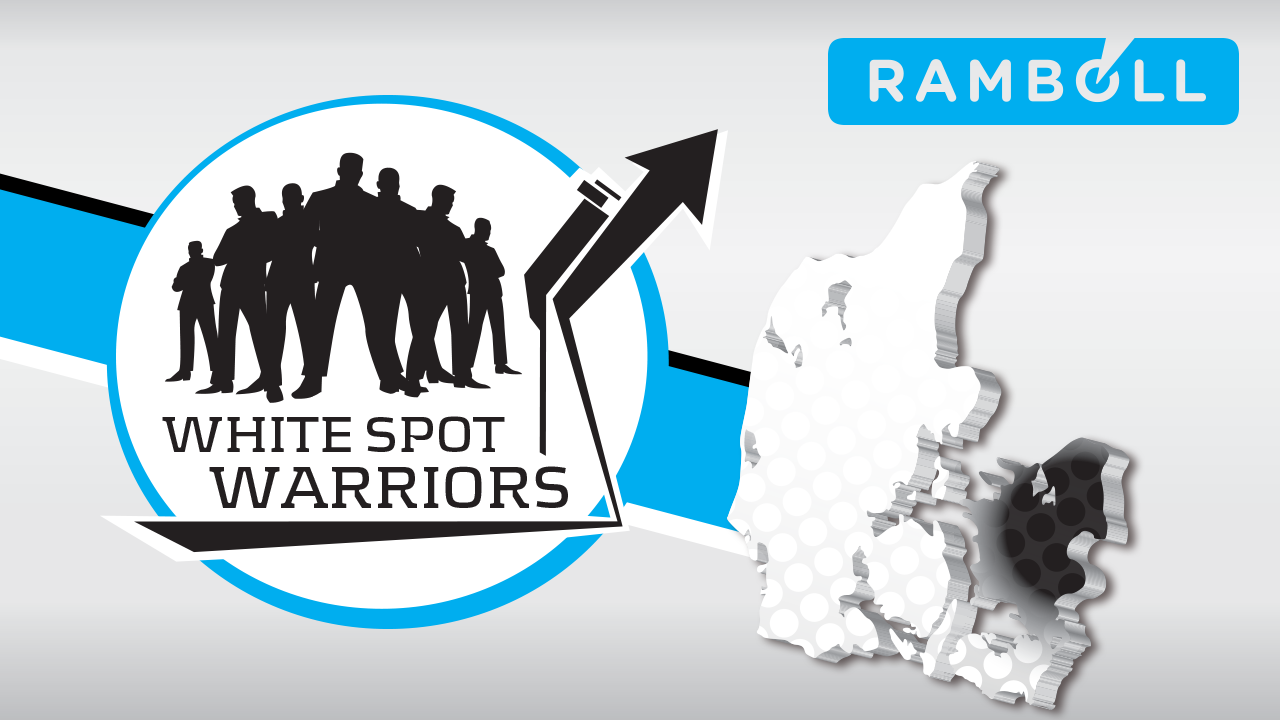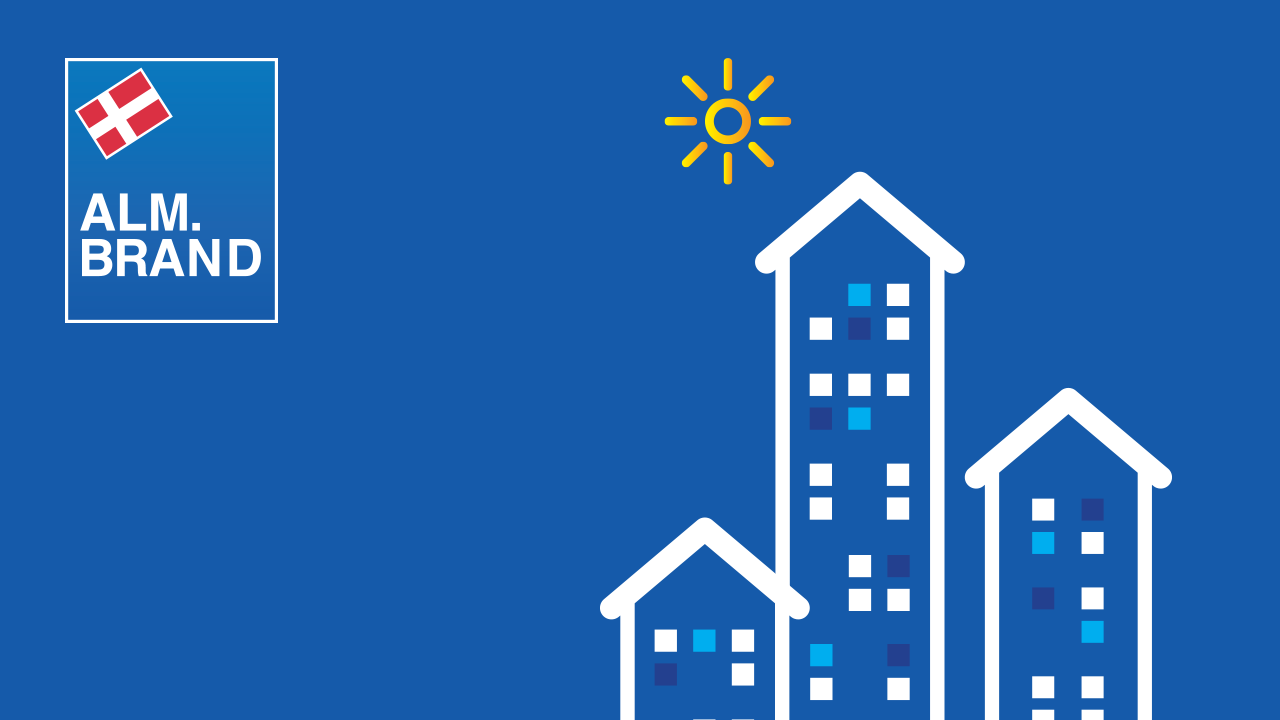Unrealistic Goal: To turn a loss of DKK 800 million into profit
Outcome: Operations became profitable
Solution: Executable Strategy and Performance Management Program
data-animation-override>
“We went from thinking in terms of traditional service and coffee breaks to thinking in terms of commercial efficiency and execution speed. Our employees went from the slowest and least willing to change, to the fastest and most productive in the sector – in 15 months. We went from Team Maersk Air vs. Team Sterling to a unified low-price airline that profitably outperformed all the others in innovation and efficiency”
The Challenge
In 2005, Sterling Airlines and Maersk Air merged via a new Icelandic owner, while posting a loss of DKK 800 million (€ 105 million)The newly consolidated airline had a total of 1,600 employees – 70% of whom came from Maersk Air. In contrast, nine out of ten members of the management were from Sterling and sought to spread Sterling’s low-price business model to the entire company and make it profitable within 12 months.
The Process
At a Breakthrough Workshop, the management pledged to make Sterling profitable via the goals they set, which they called 7-9-13 (operating cost per aircraft seat of max. DKK 700 (€ 94) – operating revenue per aircraft seat of min. DKK 900 (€ 120) – min. 13,000 aircraft seats sold per day).
Then, together with Qeep, they developed a design process that involved the company’s middle management. More than 200 middle managers and other staff members identified the critical factors for achieving 7-9-13 and devised solutions to address them.
The middle management received coaching to foster their support for the solutions and to enhance their ability to communicate these solutions to staff. The coaching also included an intensive focus on results leadership to help them achieve the goal.
Old Habits
A variety of old habits had kept them from achieving their goals. Management normally developed plans and was responsible for ensuring implementation. As a result, only about 50% of the plans were actually implemented. Follow-ups took place only once a month, after the financial reports were completed – the logic being that the finance department could not get the numbers ready in time for more frequent follow-ups. The pilots took the stance that “I won’t fly with a Team Maersk/Team Sterling colleague in the seat to my left” (the captain’s seat). Finally, most of the staff believed that success was simply a matter of following the rules and procedures for their positions. Achieving results was the management’s responsibility.
New Behaviour
The pilots overcame their resistance and began to work efficiently in the cockpit with a combination of staff from both companies. And everyone began to focus on results, with “on time performance” and “fuel saving” providing a new sense of solidarity.
The supervising flight attendants assumed responsibility for in-flight sales results. The realization that each extra sandwich sold per departure could contribute an additional DKK 2 million to the bottom line inspired in-flight sales drives, resulting in significant growth in sales. Meanwhile, the extra focus on in-flight sales was perceived by passengers as an improvement in customer service because they felt much better informed about their choices.
Flight attendants, pilots, maintenance, ground staff, management, finance and customer service followed up on all their results on an hourly basis – as well as daily and weekly. They also communicated their results directly to management and to their colleagues. Middle management – instead of the finance department – became the go-to source for “business intelligence” on the status of the company.
The Results
- Sales increased by 500% in one year
- Operations became profitable
- The consolidated company went from an EBIT of DKK -800 million (€ 107 mill). to an EBIT of DKK –(€ 10.7 million) – in 12 months
- 30% reduction in cost per km flown
- Sales per passenger increased by +1000%
The Hero
Online Marketing Manager Morten Vilsen came to Sterling from a small travel agency. Morten set out to make Sterling Denmark’s first online airline. By the end of 2006, 86% of all Sterling bookings came from online customers and Sterling had Scandinavia’s largest commercial customer CRM database.
The Unrealistic Goal
Sterling achieved all three goals; however, the DKK 700 goal for production cost per aircraft seat was reached so late in the year that the company ended the year with a loss of DKK 80 million (€ 10.7 million) on the bottom line.
The Organisation
The company was founded in 1962 by Ejlif Krogager as a provider of airline services to the package tour operator Tjæreborg. Reestablished in 1993 following bankruptcy, the company was then acquired by the Norwegian shipping company Fred Olsen, which had previously supplied air transport. This incarnation of Sterling was then sold in 2005 to a group of Icelandic investors headed by Palmi Harraldsson via his investment firm Fons Eignahaldsverlag.
At that time, the Sterling Airways limited partnership company had a fleet of ten Boeing 737-800 aircraft and 600 employees. The company entered into negotiations with A.P. Moller-Maersk on the acquisition of the loss-making Maersk Air. After the takeover of Maersk Air, the company now known as Sterling Airlines A/S had 29 aircraft and 1,600 employees.
In the period 2005-2007, Sterling Airlines A/S underwent a dramatic turnaround.









